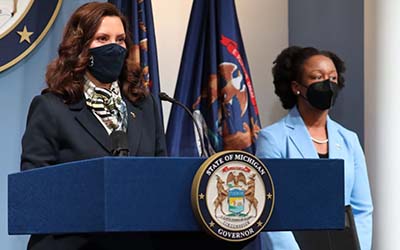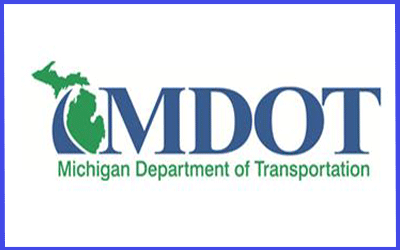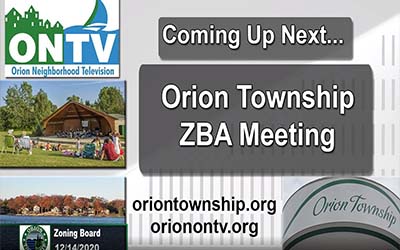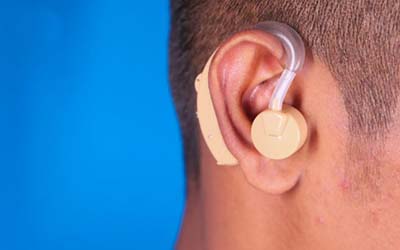|
FOR IMMEDIATE RELEASE WEDNESDAY, MAY 12, 2021
CONTACT: Rob Morosi, MDOT Office of Communications, 248-483-5107, [email protected]
Extensive bridge work requires closing I-75
this weekend in Oakland County and Detroit
Fast facts:
– Southbound I-75 will be closed from I-696 to I-94; northbound I-75 will be closed from M-102 (Eight Mile Road) to I-696.
– Closures begin at 9 p.m. Friday and end by 5 a.m. Monday.
– 13 Mile Road will be closed under I-75 over the weekend.
May 12, 2021 — Weather permitting, bridge demolition, beam setting, and substructure work will require southbound I-75 to be closed in sections from I-696 to I-94, and northbound I-75 to be closed from M-102 (Eight Mile Road) to I-696. These closures will begin at 9 p.m. Friday, May 14, and end by 5 a.m. Monday, May 17. One lane of southbound I-75 will remain open from M-102 to M-8 (Davison Freeway) for local traffic.
Further north, 13 Mile Road will be closed under I-75 to allow crews to safely set new bridges beams on the bridge that carries southbound I-75 over 13 Mile Road. The closure, between Molly and Concord drives, starts at 9 p.m. Friday, May 14, and ends by 5 a.m. Monday, May 17. During the closure, traffic will be detoured to 12 Mile Road.
Prior to the freeway closure, crews will begin closing ramps at 7 p.m. and start freeway lane closures at 8 p.m. All ramps to northbound I-75 will be closed from Davison Freeway to 9 Mile Road. All ramps to southbound I-75 will be closed from 14 Mile to 9 Mile Road in Oakland County. In Detroit, ramps to southbound I-75 will be closed from 7 Mile Road to Clay Street.
During the closure, northbound I-75 traffic will be detoured west on 8 Mile Road to northbound M-1 (Woodward Avenue), then eastbound I-696 back to northbound I-75. Southbound I-75 through-traffic will take westbound I-696 to southbound M-1, then westbound M-8 (Davison Freeway) to southbound M-10 (Lodge Freeway) to get back to southbound I-75.
“Working with three separate contractors to align all this work into one weekend to minimize the impact on the motoring public requires extensive coordination,” said Metro Region Engineer Kimberly Webb. “This direction benefits the public by limiting the number of times a freeway needs to close and provides a safer environment for both workers and drivers.” |













